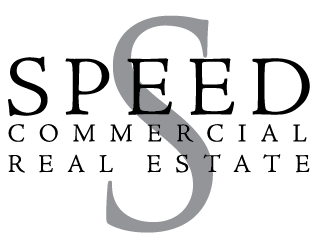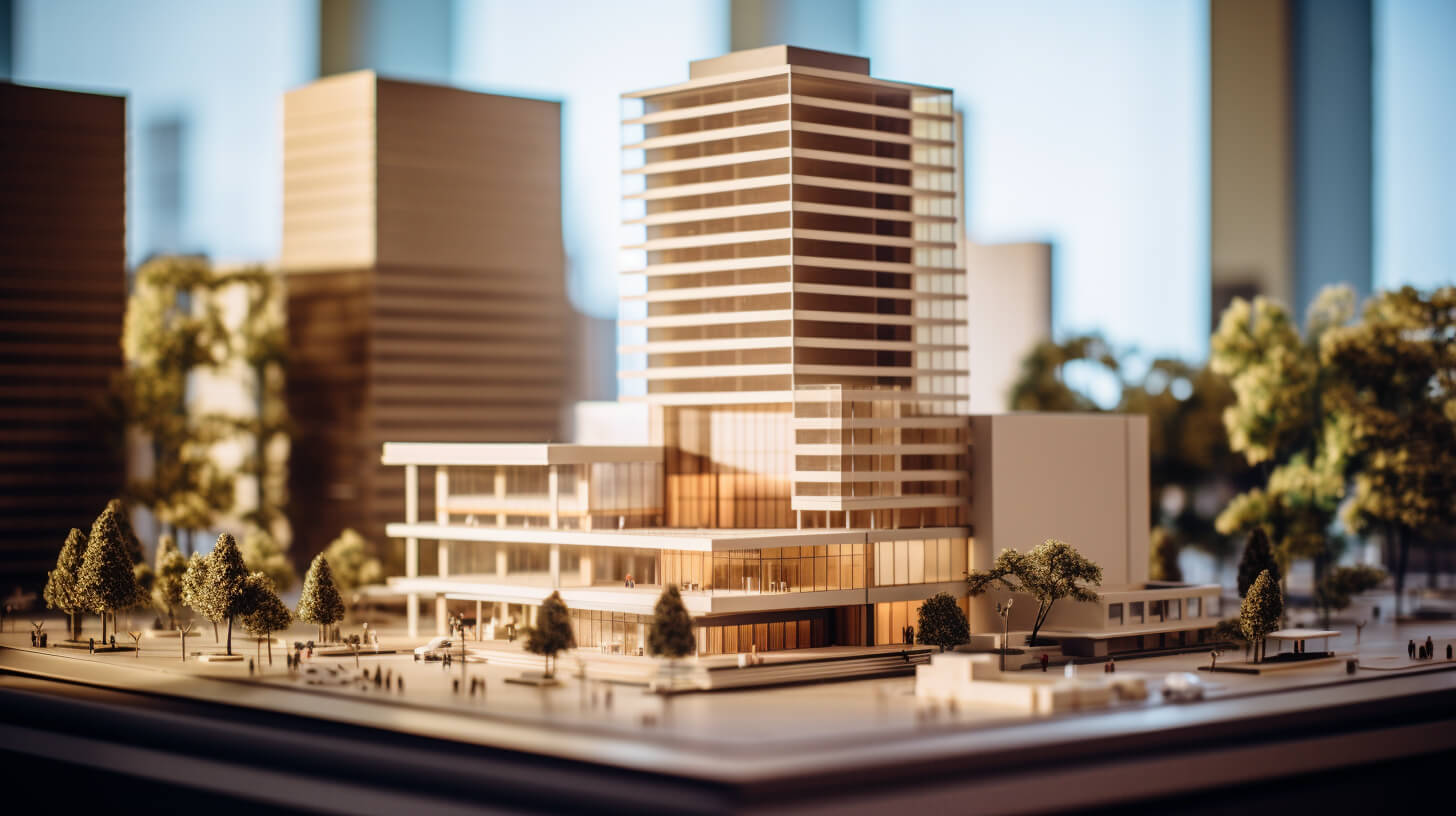If you’ve been looking into investing in commercial real estate, you’ve probably wondered “what is capitalization rate?” at least once!
There is a lot of real estate jargon that is important to understand so you can make the best decisions for your business. Capitalization rate (cap rate) is a term that is very important for making smart purchases. The cap rate on a property can make the difference between a good investment and a bad investment.
If you’re just starting out with commercial real estate investing, you might find yourself getting lost in conversations with brokers and other investors who have been in the industry for a while. We want you to feel confident in a room with your peers, so we’re going to tell you everything you need to know about cap rates in commercial real estate.
What is Capitalization Rate?
What is capitalization rate? According to Investopedia “The capitalization rate (also known as cap rate) is used in the world of commercial real estate to indicate the rate of return that is expected to be generated on a real estate investment property.”
Essentially, a cap rate tells you how much money you’ll be able to make on your investment. The number is determined by dividing net operating income by how much the property is worth, and then it is expressed as a percentage. For example:
Say a $500,000.00 property has a net operating income of $75,000.00. The cap rate would be 75,000.00/500,000.00 = .15, or 15%.
This is a good way to measure how profitable a piece of commercial real estate might be, but it should not be the only deciding factor. You should also consider leverage, inflation, the condition of the property, future income from property improvements, and the real estate market.
Cap rates are used almost exclusively in commercial real estate. In residential real estate, the value of a home is generally based on the price per square foot of comparable properties in the area. In commercial real estate, however, cap rates are used to tell an investor about how much money they can expect to make on a property, per year.
What is Cap Rate in Commercial Real Estate?
As we mentioned in the previous section, cap rate in commercial real estate helps estimate how much income an investment property will generate. It can also measure how risky an investment property might be.
Properties with higher cap rates tend to have higher risk, and vice versa. Moreover, property prices tend to be inversely related to capitalization rates, and vice versa.
Capitalizations rates are a simple way to compare prospective investment properties before you dive in and start spending money. It’s a great place to start, but it should not be considered as the extent of your research efforts. An investment property should be examined from many different angles before you decide. For example, you might want to look into the Levered Internal Rate of Return, which considers debt.
Cap rates are a good way to feel out the market and begin to decide where and how you want to invest. If you’re investing in other cities/states, calculating a cap rate can help you decide which area is most deserving of your money, time, and effort. For example, say the average cap rate for a large apartment building in Miami is between 4.5%-4.75%, while those in Phoenix are closer to 3.9%.
A building with a 4.6% cap rate is not out of the ordinary in Miami, but it’s higher than average in Phoenix, which suggests higher risk. Similarly, a large apartment building with a cap rate of 5% would look normal compared to these examples, but it could be outside the average range for the city it’s located in.
Here are some things to keep in mind when considering a property’s cap rate:
- Tenants. The net operating income of your property can change when you change tenants. For example, if you have a valuable tenant (for example, the only pharmacy in the area), you will have a high cap rate while they’re settled in. This is great news… until their lease expires, and they leave. If an investor jumps in right before the ending of the lease because they are excited about that 8% cap rate figure, they will likely find themselves struggling to make the same return when the pharmacy moves.
- Timing. Cap rate calculations are typically done yearly. Many factors can change within a year to affect a property’s expenses and revenue.
- Vacancies. If a space is not fully leased, you, the investor, could lose out on a significant net operating income. Some investors might think that an investment is safe because it has a low cap rate, only to discover that it is quite unstable.
- Location. The location has everything to do with perceived property value. You might see lower cap rates in expensive neighborhoods and higher cap rates in up-and-coming neighborhoods.
What is a Good Cap Rate in Commercial Real Estate?
There is no cut and dry answer to the question “what is a good cap rate in commercial real estate.” That said, certain factors go into a ‘good’ cap rate.
Different properties will have different cap rates. Generally, you can use a cap rate to determine how long it will take for your business to make back the amount of money that you invested into it. For example, a property with an 8% cap rate will take about 8 years to see a complete return on investment.
Here’s another way to determine a good cap rate:
Imagine two investment properties are almost identical except for their location. One is in an upscale downtown area, while the other is located in the suburbs. It’s known that the building in the downtown area will generate more income because it’s in a highly desired area, but that income will be partially offset by higher maintenance costs and higher tax rates. Therefore, the downtown property will have a lower cap rate than the one in the suburbs, although it has a higher market value.
This goes to show that a cap rate with a lower value corresponds to a better valuation of a property and a better-expected return on investment with less risk. Whereas a cap rate with a higher value corresponds to a relatively lower expected return on investment and a higher level of risk.
Speed Commercial Real Estate
Speed Commercial Real Estate serves the Metro Jackson Area by offering comprehensive services in development, commercial brokerage, property and asset management, investment sales, and property owner and tenant representation. We can help you start building your investment portfolio today. Give us a call to set up an appointment and we will begin by covering the most important real estate terms that are necessary for your success.

